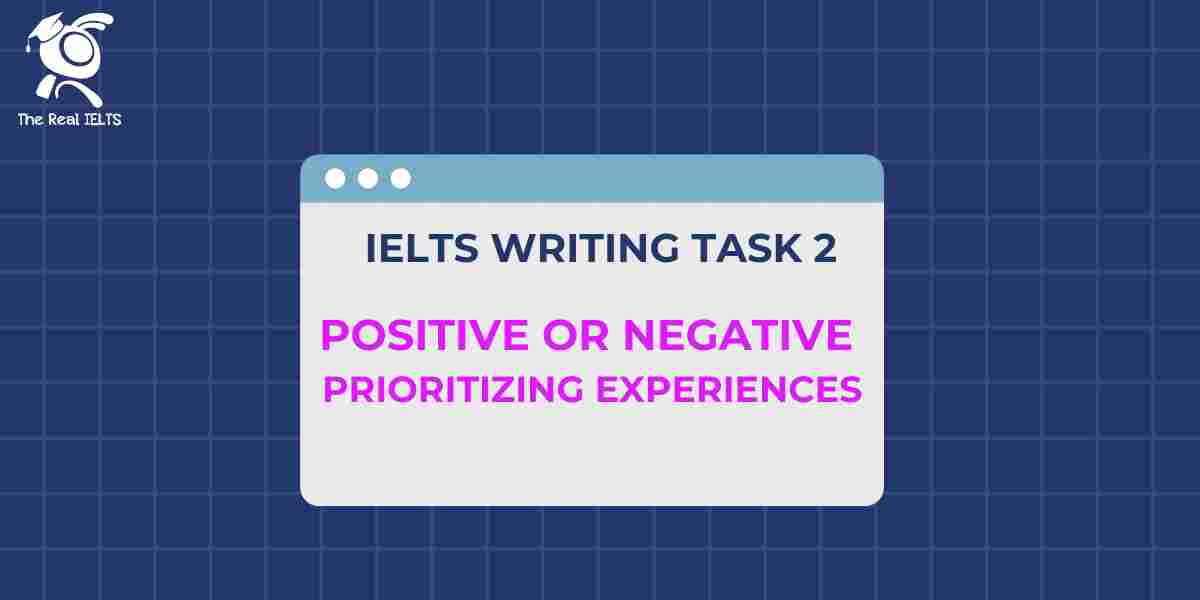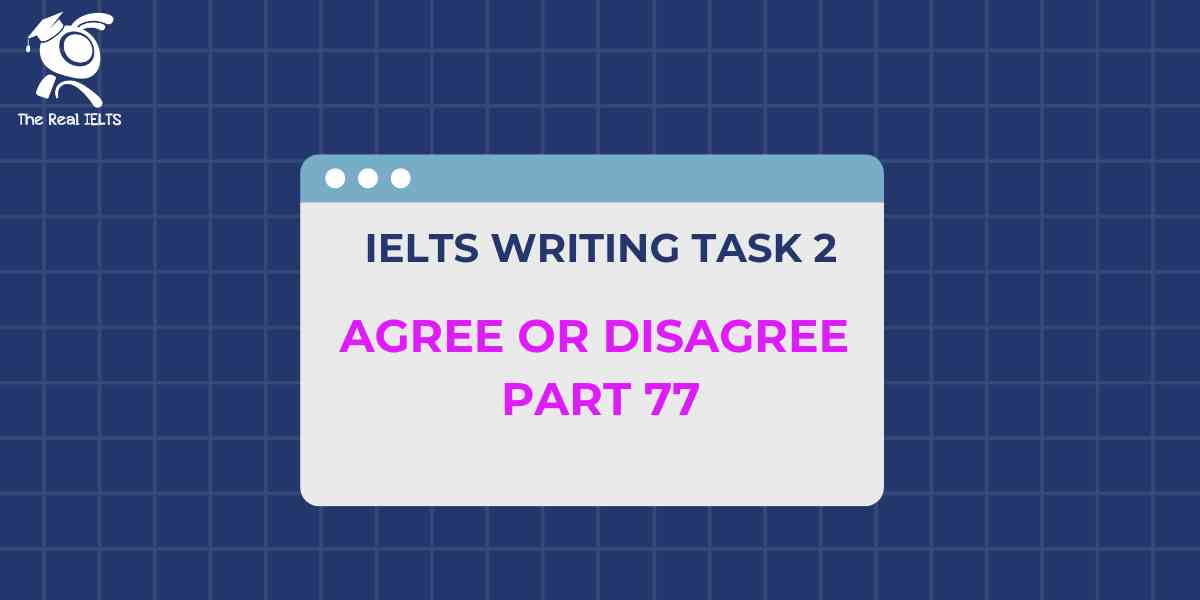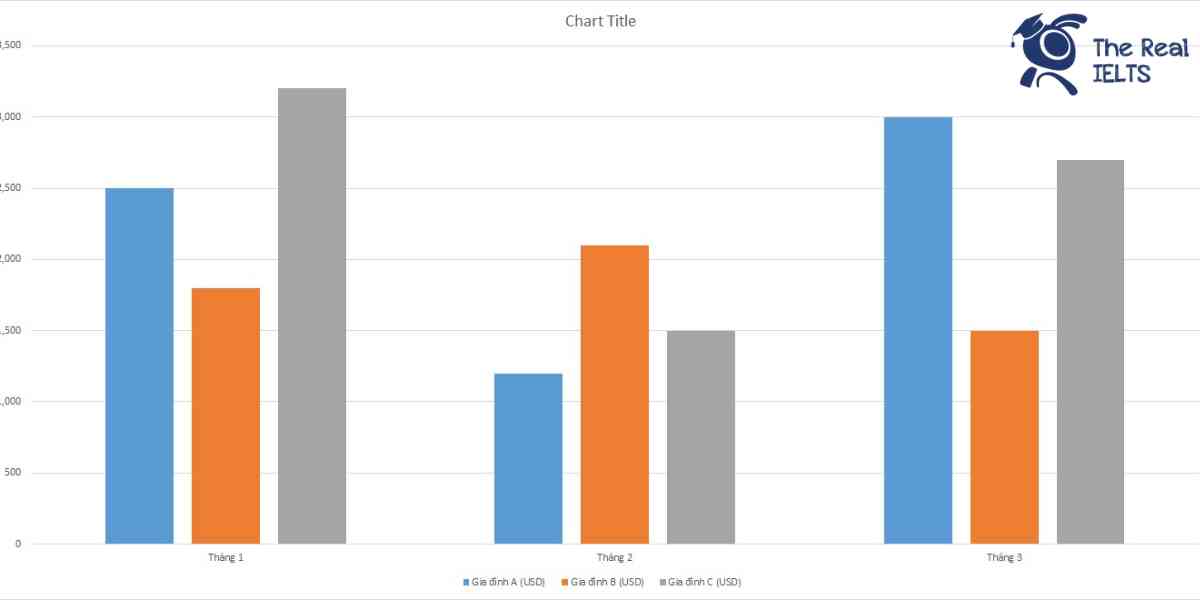Đề thi IELTS Reading có tiêu đề “The Challenges of Climate Change Mitigation”
Nhớ đọc thêm các bài luyện thi IELTS nhé.
IELTS Reading:”The Challenges of Climate Change Mitigation“
The Challenges of Climate Change Mitigation
Climate change is one of the most pressing issues facing humanity today. The planet’s average temperature has been steadily increasing due to the accumulation of greenhouse gases (GHGs) in the atmosphere, primarily from human activities such as burning fossil fuels, deforestation, and industrial processes. This warming has led to a range of environmental and social impacts, including rising sea levels, more frequent and severe weather events, and disruptions to ecosystems. As a result, there is an urgent need for effective climate change mitigation strategies. However, the task of mitigating climate change is fraught with challenges, ranging from economic and political obstacles to technological and social hurdles.
One of the primary challenges in mitigating climate change is the reliance on fossil fuels as the dominant source of energy worldwide. Fossil fuels, including coal, oil, and natural gas, have powered economic development for over a century, and transitioning away from them is a complex and costly process. Many countries, particularly those with abundant fossil fuel reserves, are economically dependent on their extraction and export. The transition to renewable energy sources, such as solar, wind, and hydropower, requires significant investments in new infrastructure, research, and development. Additionally, the intermittent nature of some renewable energy sources, such as solar and wind, presents challenges in ensuring a stable and reliable energy supply.
Another significant obstacle is the global nature of climate change. Greenhouse gas emissions do not respect national borders, and the effects of climate change are felt worldwide, regardless of where the emissions originate. This makes climate change a collective action problem, where the actions of one country can have significant impacts on others. International cooperation is essential for effective mitigation, but reaching global agreements has proven difficult. The Paris Agreement of 2015 was a landmark in international climate policy, with countries agreeing to limit global warming to well below 2°C above pre-industrial levels. However, the commitments made under the Paris Agreement are voluntary, and many countries are falling short of their targets. Political differences, economic interests, and varying levels of development all contribute to the difficulty of achieving meaningful global cooperation.
Economic considerations also play a crucial role in the challenges of climate change mitigation. Mitigating climate change requires substantial financial resources, both for reducing emissions and for adapting to the changes that are already occurring. Developing countries, in particular, face significant challenges in this regard. Many of these countries are already dealing with issues such as poverty, lack of infrastructure, and limited access to technology. For them, the costs of transitioning to a low-carbon economy can be prohibitive. Furthermore, there is often a tension between economic growth and environmental protection. In many cases, short-term economic interests, such as job creation and economic expansion, are prioritized over long-term environmental sustainability. This tension is particularly pronounced in developing nations that are striving to improve living standards for their populations.
Technological challenges also impede climate change mitigation efforts. While there have been significant advances in renewable energy technologies, energy storage, and carbon capture and storage (CCS) technologies are still in the early stages of development. Energy storage is critical for addressing the intermittency of renewable energy sources, but current storage technologies, such as batteries, have limitations in terms of cost, capacity, and efficiency. Similarly, carbon capture and storage, which involves capturing carbon dioxide emissions from power plants and industrial processes and storing them underground, has the potential to reduce emissions significantly. However, the technology is expensive, and there are concerns about the long-term safety and effectiveness of carbon storage.
Social and cultural factors further complicate the task of climate change mitigation. Public awareness and support for climate action are essential for driving policy changes and encouraging individual behavior changes. However, there is still widespread misinformation and misunderstanding about the causes and consequences of climate change. In some regions, climate change denial is prevalent, fueled by political ideologies, vested interests, and media influence. This denial can lead to resistance to climate policies and hinder efforts to reduce emissions. Additionally, even among those who recognize the reality of climate change, there may be resistance to the lifestyle changes needed to reduce individual carbon footprints. Changing deeply ingrained habits, such as car use or meat consumption, requires not only awareness but also the availability of viable alternatives.
The concept of climate justice adds another layer of complexity to climate change mitigation. Climate justice refers to the idea that those who are least responsible for climate change, such as low-income communities and developing countries, are often the most affected by its impacts. This raises ethical questions about the fairness of asking these communities to bear the costs of mitigation efforts. Additionally, there is a growing recognition that climate change disproportionately affects marginalized groups, including indigenous peoples, women, and the elderly. Addressing these inequalities is crucial for ensuring that climate change mitigation is both effective and equitable.
In conclusion, mitigating climate change is a formidable challenge that requires coordinated efforts across multiple sectors and levels of society. The reliance on fossil fuels, the global nature of the problem, economic and technological constraints, social and cultural resistance, and issues of climate justice all present significant obstacles. However, these challenges are not insurmountable. With political will, international cooperation, technological innovation, and public engagement, it is possible to mitigate the impacts of climate change and move towards a more sustainable and equitable future. The urgency of the situation demands immediate and sustained action, as the longer we delay, the more difficult and costly mitigation efforts will become.
Đề bài thi IELTS Reading
Multiple Choice (10 Questions)
- Which of the following is a major cause of climate change?
- A) Deforestation
- B) Renewable energy
- C) Carbon capture
- D) Public awareness
- What is one of the main challenges in transitioning away from fossil fuels?
- A) Lack of technology
- B) Economic dependency on fossil fuels
- C) International cooperation
- D) Public resistance
- What does the Paris Agreement aim to do?
- A) Eliminate fossil fuel use
- B) Limit global warming to well below 2°C
- C) Increase renewable energy usage
- D) Reduce short-term economic interests
- Which of the following is NOT mentioned as a challenge in climate change mitigation?
- A) Technological advancements
- B) Misinformation and denial
- C) Economic investments
- D) Increasing fossil fuel use
- What is the biggest issue with the commitments made under the Paris Agreement?
- A) They are too strict
- B) They are voluntary
- C) They are legally binding
- D) They focus only on developed countries
- Why is energy storage important in climate change mitigation?
- A) It provides an alternative to fossil fuels
- B) It ensures the reliability of renewable energy
- C) It reduces the cost of renewable energy
- D) It captures carbon emissions
- What does climate justice emphasize?
- A) Equal responsibility for all countries
- B) The role of technology in climate change
- C) The disproportionate impact on marginalized groups
- D) The need for international agreements
- What is a significant technological challenge mentioned in the text?
- A) Development of renewable energy
- B) Carbon capture and storage
- C) Public awareness campaigns
- D) International cooperation
- According to the text, what is a social challenge in climate change mitigation?
- A) Lack of political will
- B) Public resistance to lifestyle changes
- C) Insufficient renewable energy sources
- D) Economic growth priorities
- What is essential for driving policy changes in climate action?
- A) Economic investment
- B) Public awareness and support
- C) International agreements
- D) Technological innovation
True/False/Not Given (10 Questions)
- The transition to renewable energy is easy and inexpensive.
- A) True
- B) False
- C) Not Given
- Fossil fuels have powered economic development for over a century.
- A) True
- B) False
- C) Not Given
- The Paris Agreement is legally binding for all countries.
- A) True
- B) False
- C) Not Given
- Carbon capture and storage is fully developed and widely implemented.
- A) True
- B) False
- C) Not Given
- Developing countries are economically better positioned to mitigate climate change.
- A) True
- B) False
- C) Not Given
- Public resistance to climate policies is mainly due to misinformation.
- A) True
- B) False
- C) Not Given
- The text suggests that energy storage technology is not yet perfect.
- A) True
- B) False
- C) Not Given
- The text states that climate change denial is prevalent only in developing countries.
- A) True
- B) False
- C) Not Given
- The author believes that short-term economic growth should be prioritized over climate change mitigation.
- A) True
- B) False
- C) Not Given
- Climate justice is focused only on economic inequalities.
- A) True
- B) False
- C) Not Given
Yes/No/Not Given (5 Questions)
- Does the author think that international cooperation is crucial for climate change mitigation?
- A) Yes
- B) No
- C) Not Given
- Does the text suggest that all countries are equally responsible for climate change?
- A) Yes
- B) No
- C) Not Given
- Is the author optimistic about the potential of technological innovations in mitigating climate change?
- A) Yes
- B) No
- C) Not Given
- Does the text imply that public awareness alone is sufficient to drive policy changes?
- A) Yes
- B) No
- C) Not Given
- Does the author argue that fossil fuel dependence is easy to overcome?
- A) Yes
- B) No
- C) Not Given
Matching Headings (5 Questions)
- Match the following headings to the paragraphs in the text:
- A) “The Role of Fossil Fuels in Economic Development”
- B) “Challenges of International Cooperation”
- C) “Technological Hurdles in Climate Mitigation”
- D) “Economic Considerations in Climate Change”
- E) “Social and Cultural Resistance”
Sentence Completion (5 Questions)
- Fossil fuels are a major challenge in climate change mitigation because they __________.
- A) are the primary source of greenhouse gases
- B) are renewable energy sources
- C) reduce carbon emissions
- D) are inexpensive to use
- The Paris Agreement aims to limit global warming to well below __________ degrees Celsius.
- A) 1.5
- B) 2
- C) 3
- D) 4
- Carbon capture and storage technology is still in the early stages of __________.
- A) investment
- B) public awareness
- C) development
- D) international cooperation
- Climate justice is concerned with the fact that those least responsible for climate change are often __________.
- A) benefiting the most
- B) affected the most
- C) ignoring the problem
- D) developing new technologies
- Public resistance to lifestyle changes is often due to __________.
- A) lack of awareness
- B) lack of technology
- C) media influence
- D) economic interests
Matching Features (5 Questions)
- Match the following features to the respective challenges in climate change mitigation:
- A) Fossil fuel dependence
- B) International cooperation
- C) Technological innovation
- D) Economic considerations
- E) Social and cultural resistance
Short Answer Questions (5 Questions)
- What is one of the major sources of greenhouse gases?
- Which international agreement aims to limit global warming?
- What is a technological challenge mentioned in the text related to renewable energy?
- Why is international cooperation difficult in climate change mitigation?
- What does climate justice focus on?
Summary Completion (5 Questions)
38-40. Complete the summary below using words from the passage:
Climate change mitigation faces several significant challenges. Economically, the transition away from __________ is costly and complex. Politically, achieving __________ on a global scale is difficult due to differing national interests. Additionally, there are __________ hurdles, such as the need for better energy storage solutions. Socially, public resistance and misinformation continue to impede progress in reducing greenhouse gas emissions.
Đáp án bài thi IELTS Reading
Multiple Choice
- A) Deforestation
- B) Economic dependency on fossil fuels
- B) Limit global warming to well below 2°C
- A) Technological advancements
- B) They are voluntary
- B) It ensures the reliability of renewable energy
- C) The disproportionate impact on marginalized groups
- B) Carbon capture and storage
- B) Public resistance to lifestyle changes
- B) Public awareness and support
True/False/Not Given
- B) False
- A) True
- B) False
- B) False
- B) False
- A) True
- A) True
- B) False
- B) False
- B) False
Yes/No/Not Given
- A) Yes
- B) No
- A) Yes
- B) No
- B) No
Matching Headings
- A) “The Role of Fossil Fuels in Economic Development”
- B) “Challenges of International Cooperation”
- C) “Technological Hurdles in Climate Mitigation”
- D) “Economic Considerations in Climate Change”
- E) “Social and Cultural Resistance”
Sentence Completion
- A) are the primary source of greenhouse gases
- B) 2
- C) development
- B) affected the most
- A) lack of awareness
Matching Features
- A) Fossil fuel dependence
- B) International cooperation
- C) Technological innovation
- D) Economic considerations
- E) Social and cultural resistance
Short Answer Questions
- Fossil fuels
- Paris Agreement
- Energy storage technology
- Differing national interests
- Impact on marginalized groups
Summary Completion
- fossil fuels
- cooperation
- technological
Luyện tập bài khác ở bài viết:”100 bài luyện IELTS Reading 2024 – 2025“















